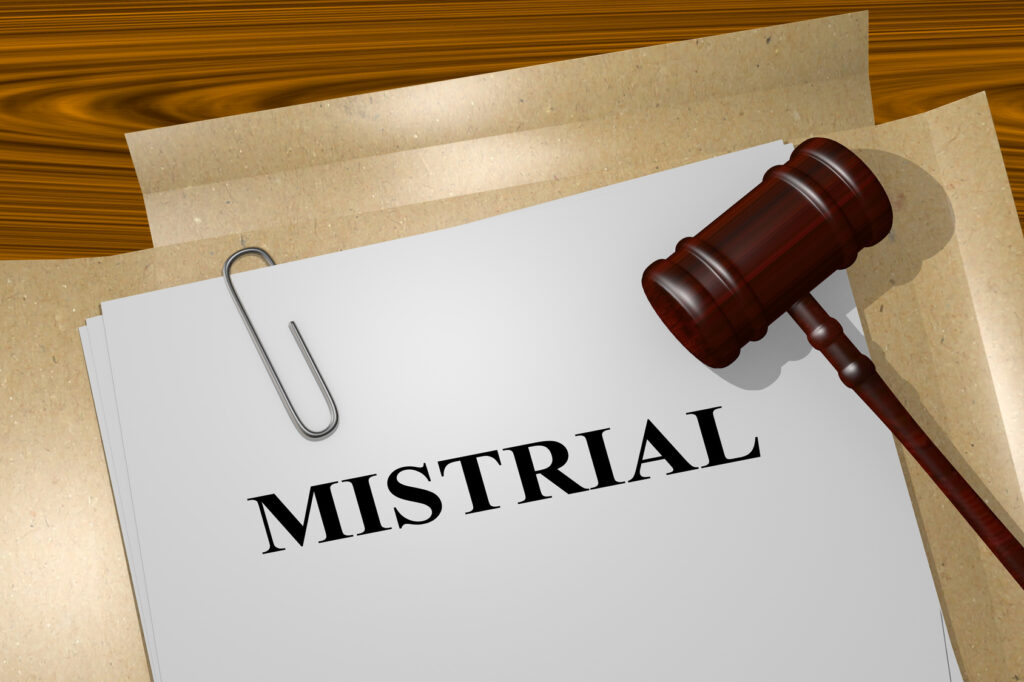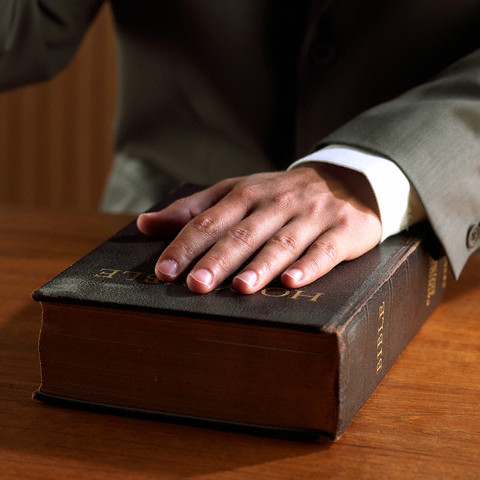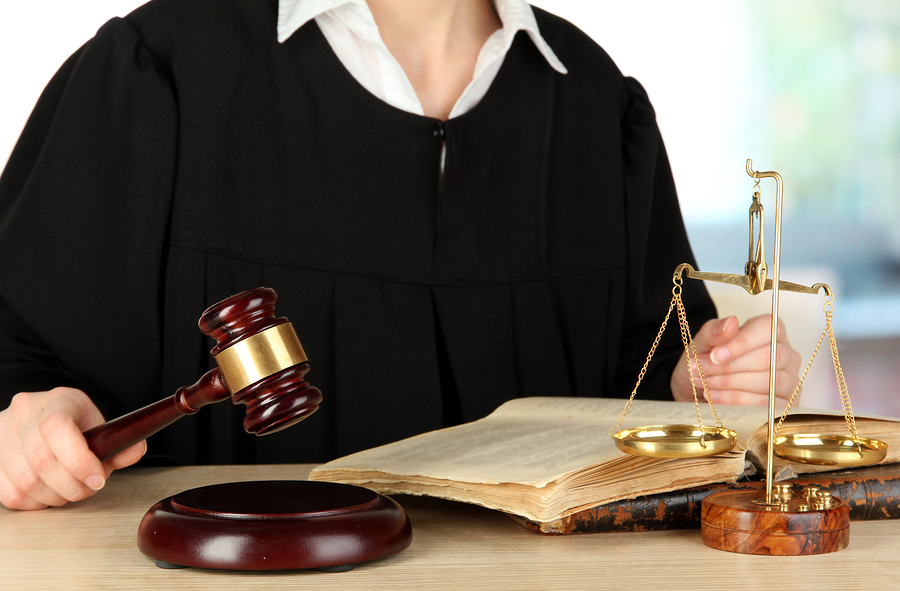
The Rights of Defendants in Pennsylvania; Criminal Mistrials Explained

Every criminal defendant has a right to a jury trial. That right is set forth in the United States Constitution. A jury trial means that a person charged with a crime will not be convicted unless the jury, usually 12 men and women, finds the defendant guilty beyond a reasonable doubt. A mistrial means that the trial ends before the jury reaches its verdict. In cases tried before a judge without a jury, a mistrial occurs when the case is terminated before the judge gives his/her decision.
What is a Criminal Mistrial?
Criminal defendants also have a right to a jury trial. That right is set forth in the United States Constitution. A jury trial means that a person charged with a crime will not be convicted unless the jury, usually 12 men and women, finds the defendant guilty beyond a reasonable doubt. A mistrial means that the trial ends before the jury reaches its verdict. In cases tried before a judge without a jury, a mistrial occurs when the case is terminated before the judge gives his/her decision.
Mistrials can happen for a variety of reasons. All mistrials have in common some defect in the case that will prevent a fair result from being reached. Common reasons for mistrials are:
- The death of one of the participants such as a jury member, the prosecutor, the defense attorney or the trial judge.
- Some impropriety about a jury member such as a discovery that a jury member is not impartial.
- Juror misconduct. An example includes jury contact with one of the lawyers, contact with one of the witnesses or researching the case online.
- A hung jury. This means the jury is not able to reach a verdict because the jury members cannot agree on guilt or innocence. A hung jury is the most common reason for a mistrial.
- A fundamental error that prevents the defendant from getting a fair trial. The error has to be one that cannot be remedied by giving the jury an appropriate instruction.

Criminal Case and Double Jeopardy Prosecution
Mistrials directly affect whether a defendant can be tried a second time. A defendant’s right not to be tried for the same crime twice is set forth in the Fifth Amendment to the US Constitution. The key phrase in the Fifth Amendment is “[N]or shall any person be subject for the same offense to be twice put in jeopardy of life or limb.” This double jeopardy protection recognizes the cost and anxiety of each trial. Double jeopardy protects a defendant against undue pressure by the district attorney. Defendants have the right to have their fate decided just one time.
Most defendants who have a case that is declared a mistrial will assert that any retrial violates the defendant’s Double Jeopardy protection. The prosecution will usually argue that a retrial should be allowed because the mistrial was not the prosecution’s fault or the fault of the trial judge. Sometimes, the prosecution will decide not to bring a second case because of the cost factor of a new trial or because the prosecution thinks it may lose.
Mistrial Procedure
Before deciding if Double Jeopardy applies in a mistrial, the trial judge (in Pennsylvania state and federal cases) will have to decide:
- Should a mistrial be granted?
- What was the reason for the mistrial?
- Who asked for the mistrial?
- Should a Second Trial be Allowed or Denied?
- In Pennsylvania state cases, only the defendant can request a mistrial if an event arises which is prejudicial to the defendant. Some defendants may not want a mistrial, even if one is justified, if they think they have a good chance to win the case if it proceeds.
- The trial judge, on his or her own, can also grant a mistrial but only for special reasons.
- The prosecution can also ask for a retrial if the defense committed misconduct.
To properly answer these four questions, a Pennsylvania judge will ask the prosecution and defense to comment on whether there should be a mistrial. The judge will ask if each side agrees to the mistrial. The judge will also inquire if there are alternative suggestions to remedy the error.

Criminal Defendants and Retrials
Pennsylvania courts use a fancy legal term called “manifest necessity” to decide if a mistrial means a second trial should be allowed. For non-lawyers, “manifest necessity” means that there is a good reason for the mistrial that was not in the control of the trial judge or the prosecution. It is a fairness argument. If the judge or prosecution contributed to the mistrial either intentionally or through sloppy work, then the defendant should not have to suffer through a second case. If the mistrial happened through factors outside of the control of the judge or prosecution, then fairness dictates that the defendant should have to go through a second trial.
In the given Pennsylvania criminal mistrial examples, the defendant can be retried if the mistrial happened because of death or a hung jury. Juror misconduct that was invited by the prosecution will prevent a retrial. If the juror acted improperly on his/her own, then that improper conduct will likely not prevent a new trial.
The bottom line is that mistrials can mean the Pennsylvania criminal defendant will not be tried a second time. Defendants should be sure to consult with their Pennsylvania criminal defense lawyer to make sure a mistrial is a good result for the person accused of a crime.
Whether you require an attorney in Pennsylvania or New Jersey, contact the offices of Young Marr and Associates today to arrange a free, confidential consultation. Call (609) 755-3115 in New Jersey or (215) 701-6519 in Pennsylvania or contact our firm online and speak to a West Chester criminal defense attorney today.





